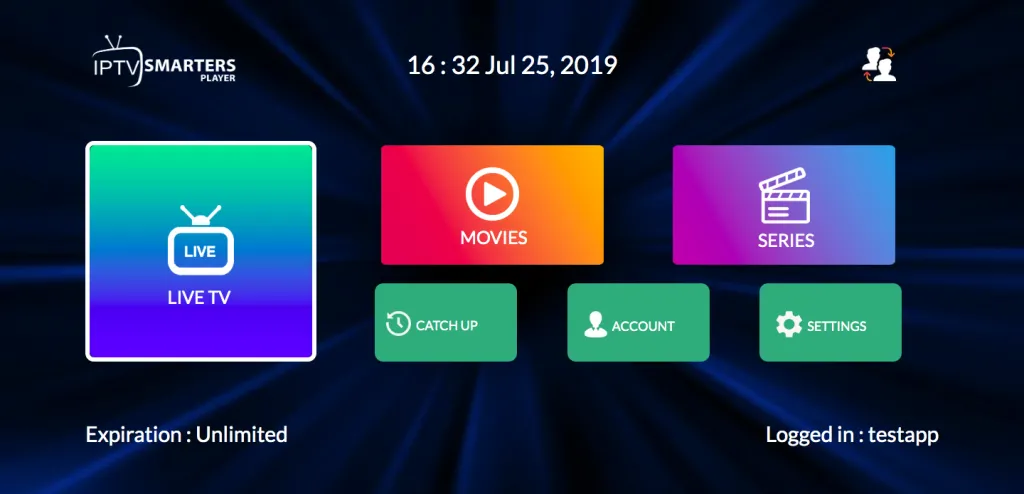
When confronted with the climate crisis, people often feel guilty and sometimes a sense of hopelessness, which is why the organizers of The Earth Connection Film Festival intentionally sought out radical — and unusual — approaches when selecting what to include.
Jessica Eise (pronounced eyes) and festival co-director Sarah Lasley looked for films that offered original ideas as opposed to “beating a dead horse.” They looked, too, for films that omitted guilt and encouraged people to get together, feel good and do something.

The result is a free-of-charge day of new films at the Buskirk-Chumley Theater on July 20.
Festival-goers may watch as many of the 24 films as they choose. Each addresses one or more of these: hope for our climate; the bond between Earth and humans; humans’ responsibility to Earth; and unfamiliar climate ideas that require risk taking by the filmmakers.
The all-day event is totally free to the public thanks to a research grant by the U.S. National Science Foundation, an independent federal organization that benefits engineering and science in all 50 U.S. states and U.S. territories.
Need a break? Play the USA TODAY Daily Crossword Puzzle.
Films, ranging from 2-40 minutes each, will be shown in four hour-long segments. Activities with local artists, including music and upcycling art workshops, will break up the sequence.
Eise (pronounced eyes) will be joining Indiana University next month as an assistant professor in the School of Public Health in the environmental and occupational health fields. A recent past researcher and assistant professor of social and environmental challenges at University of Texas at San Antonio, she runs several grant-funded research programs on climate change, food security and agriculture. Her books include “How to Feed the World” and “The Communication Scarcity in Agriculture.”
Film festival focuses on solutions and everyday heroes
“When choosing the films for this festival, I looked closely at anything that made tears well up in my eyes,” Eise said over the phone. She and festival co-director Sarah Lasley steered away from anything that might increase viewers’ guilt about the climate.
“So many people feel guilt and shame,” Eise said. “Our primary theme includes solutions and everyday heroes. We want people to feel hope and excitement about the things they can do to help Earth.”
She and Lasley also hope to help people with a “paralysis” that can creep in when a task seems too large or unmanageable. “We are more powerful, than we think sometimes,” she said.
Winning films will earn cash prizes and also will serve as a catalyst in a national research study to help understand how to motivate public action on climate change.
A look at 4 films: “Fire Beneath Her,” “Derin,” “PLASTIK” and “Troglodyte”

Program 1 is titled “Hope and the Future.” One of its films, “Fire Beneath Her,” depicts a social media activist’s quest to make money to buy pieces of land in Indonesian Borneo near her village — before it becomes another mining field. She wants to make these plots conservation zones to be tended by indigenous people, who are best equipped to care for the land they know well. Denise Dragiewicz is the filmmaker and directs films about saving rainforests.
Program 2 is titled “Interdependence & Reliance” and includes “Derin,” about a little girl who starts drinking less water and goes about saving all the puddles of water she can after hearing her teacher talk about climate and water supplies. Derin wants to ensure that her family doesn’t run dry. Ali Osman Tash, from Bursa, Turkey, is the filmmaker.
Program 3 is titled “Responsibility & Obligation” and includes ecology and ways to care for Earth. Philip Rom’s “PLASTIK” is in this segment and looks at plastic pollution through the mind of a child in southeast Asia, where plastic pollution is particularly problematic. This is the first short film made in Asia, for people in Asia, that uses live drama and storytelling to encourage the region to halt plastic pollution there.
Program 4 is titled “Hot Takes on a Hot Planet” and encourages filmmakers to describe unusual concepts for battling the climate crisis. “Troglodyte,” by first-time filmmakers Hunter Circe, 23, and Sean Stippick, 24, who study the environment and media production in California. Their film tells of a man struggling with climate anxiety and agoraphobia. When his TV breaks one day, the man looks outside and sees a beautiful world he’d forgotten.
Festival co-director Sarah Lasley is a video artist from Louisville, Kentucky, and an assistant professor of film at California’s Cal Poly Humboldt. She has screened internationally at film festivals and universities, such as Slamdance Film Festival, Cucalorus Film Festival and National Chiao Tung University in Taiwan. She earned an MFA from Yale School of Art.
Meet-and-greet, schedule, films, workshops, party
A meet-and-greet begins at 9 a.m. July 20, with the first film beginning an hour later. The awards ceremony begins at 6:30 p.m., after the films. An after-party begins at 7 p.m.
For a schedule and film list visit https://jessicaeise.com/earthconnection/ and check out @earthconnectionfilmfestival on Instagram. There is also a festival book with film details, research, song set list, essays and more. Attendees may pick these up at no charge July 20, and they are available on Amazon for $4.
“This festival is probably the most interesting thing I’ve ever done in my career,” Eise said. There was joy in her voice.
If you go
WHAT: The Earth Connection Film Festival: a free-of-charge day of international new films about climate change
WHEN: 9 a.m.-8 p.m. July 20
WHERE: Buskirk-Chumley Theater, 114 E. Kirkwood Ave., phone 812-323-3020

